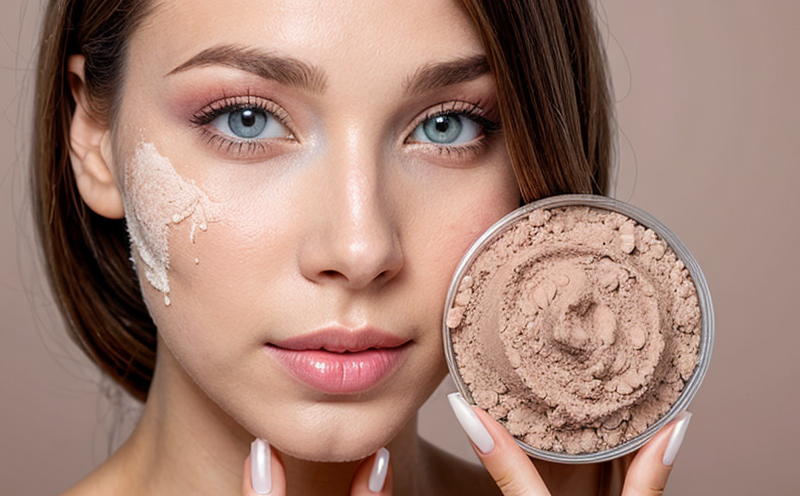Linalool Allergen Testing in Fragranced Beauty Products
In the cosmetics and beauty industry, allergens such as linalool are a critical concern. Linalool is a terpenoid alcohol widely used in fragrances due to its pleasant floral and citrus-like odor. However, it can also act as an allergen for some individuals, leading to contact dermatitis or allergic reactions.
The testing of linalool in fragranced beauty products ensures that cosmetic formulations are safe and comply with regulatory requirements. This service is particularly important given the increasing awareness among consumers regarding potential allergens and sensitizers in personal care products. Regulatory bodies such as the European Union’s Cosmetics Regulation mandate that manufacturers identify and declare all allergens present at concentrations greater than 0.01%.
Our laboratory specializes in providing comprehensive allergen testing services, focusing on linalool analysis within fragranced beauty products. We employ advanced analytical techniques to ensure accurate quantification and identification of linalool. Our team of experts ensures that the testing process adheres to international standards such as ISO 17259.
The testing procedure typically involves several steps, starting with sample preparation. Fragrance samples are taken from cosmetic products under controlled conditions to ensure integrity. These samples are then analyzed using high-performance liquid chromatography (HPLC) coupled with mass spectrometry (MS). This method allows for precise quantification of linalool and its metabolites.
Once the analysis is complete, detailed reports are generated that include the concentration levels of linalool in parts per million (ppm). These reports serve as crucial documentation for regulatory compliance. Compliance with international standards such as ISO 17259 ensures that our clients can confidently market their products globally.
Our laboratory also provides additional services, including stability studies to assess the longevity of linalool in different formulations over time. This information is invaluable for product development and shelf life optimization. Furthermore, we offer advice on reformulation strategies if necessary to reduce or eliminate allergens from the product.
Applied Standards
| Standard Number | Description |
|---|---|
| ISO 17259:2023 | Determination of allergenic substances in cosmetic products |
| ASTM D6844-20 | Standard practice for determining the presence or absence of specific allergens in cosmetics and personal care products |
Competitive Advantage and Market Impact
Our expertise in linalool testing provides our clients with a significant competitive edge. By ensuring that their products are free from harmful allergens, companies can build trust with consumers who demand safer personal care options. This service helps manufacturers comply with global regulations, thereby avoiding potential legal and financial penalties.
The increasing trend towards natural and organic cosmetics also benefits from our testing capabilities. Many consumers prefer products labeled as hypoallergenic or free of artificial fragrances. Our services ensure that these claims are accurate and verifiable.
Additionally, our laboratory’s reputation for accuracy and reliability enhances the market presence of our clients. We work closely with R&D teams to provide insights into potential allergens in new formulations, helping to avoid costly recalls or product withdrawals.
Use Cases and Application Examples
- Testing fragrances for compliance with EU Cosmetics Regulation (EC) No. 1223/2009
- Identifying linalool in complex fragrance mixtures to ensure accurate labeling
- Evaluating the stability of linalool over time in different cosmetic formulations
- Determining the presence or absence of linalool in new product launches





